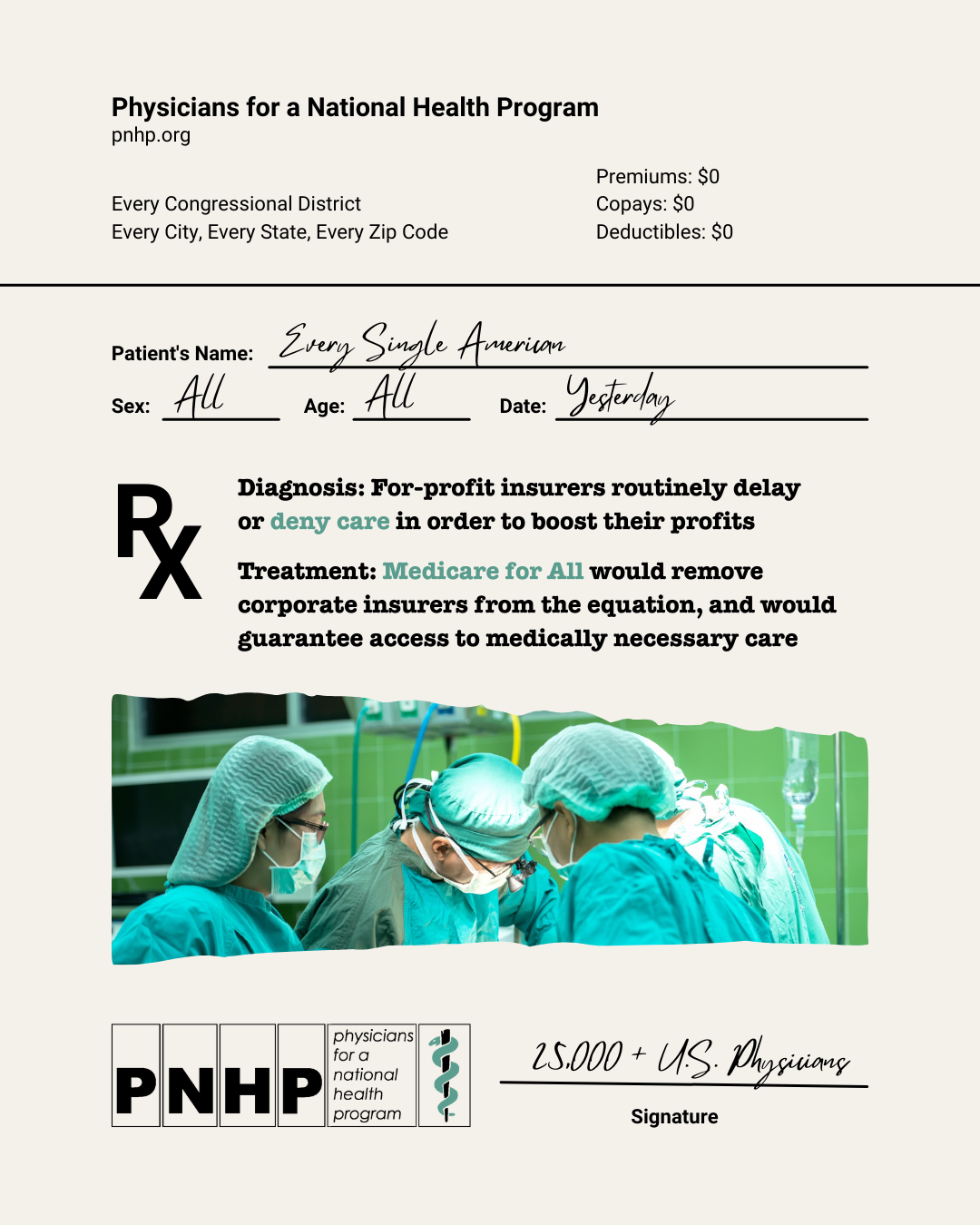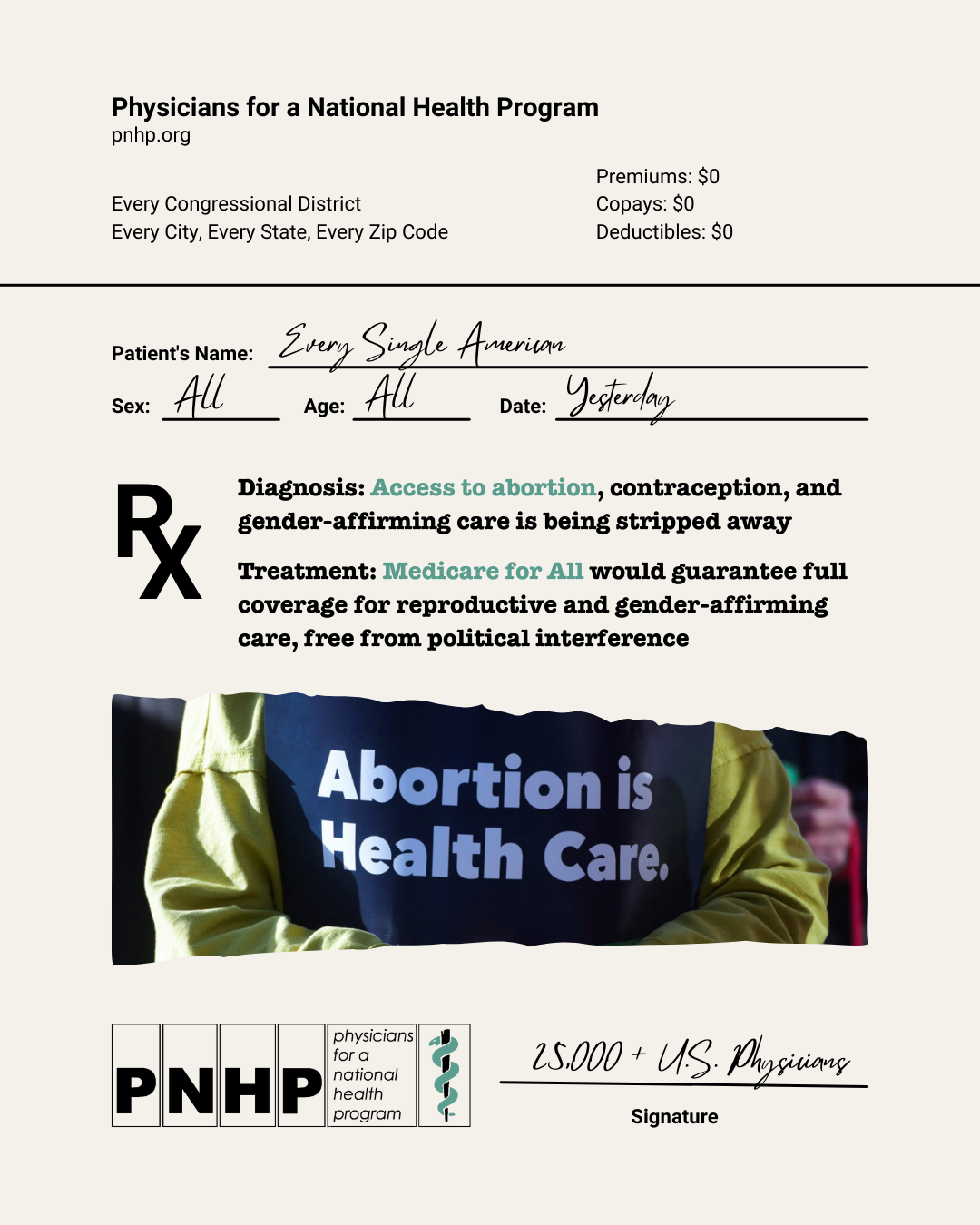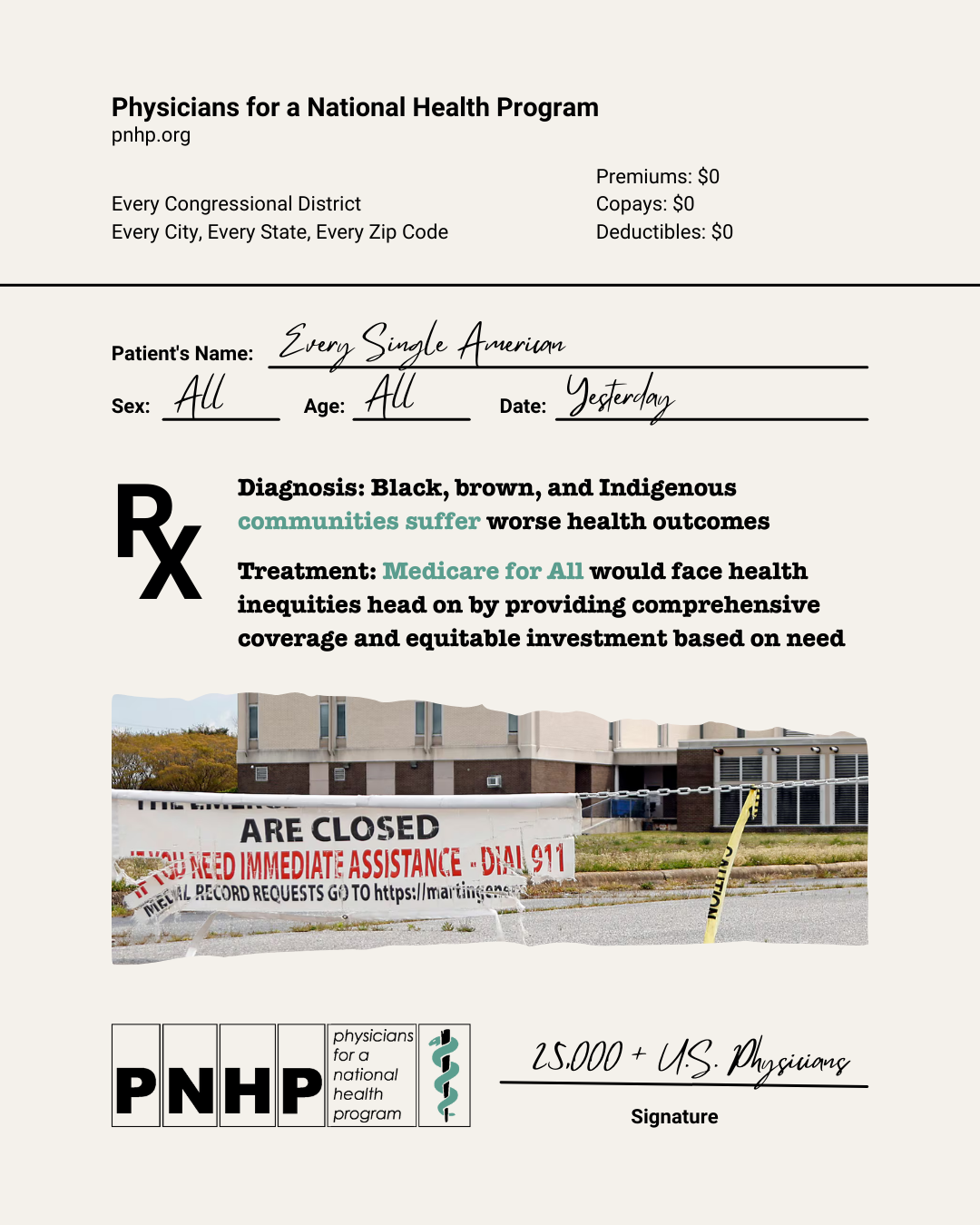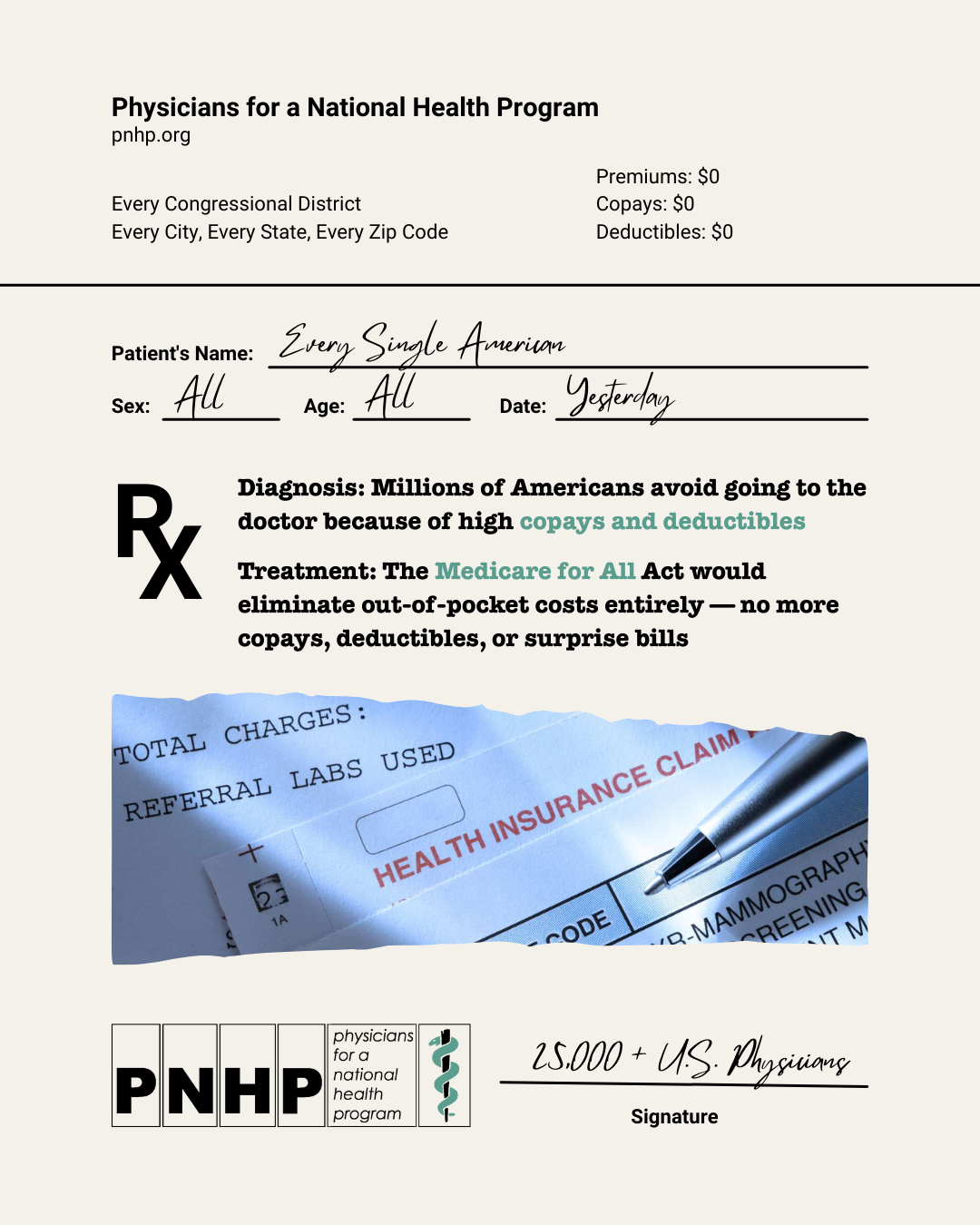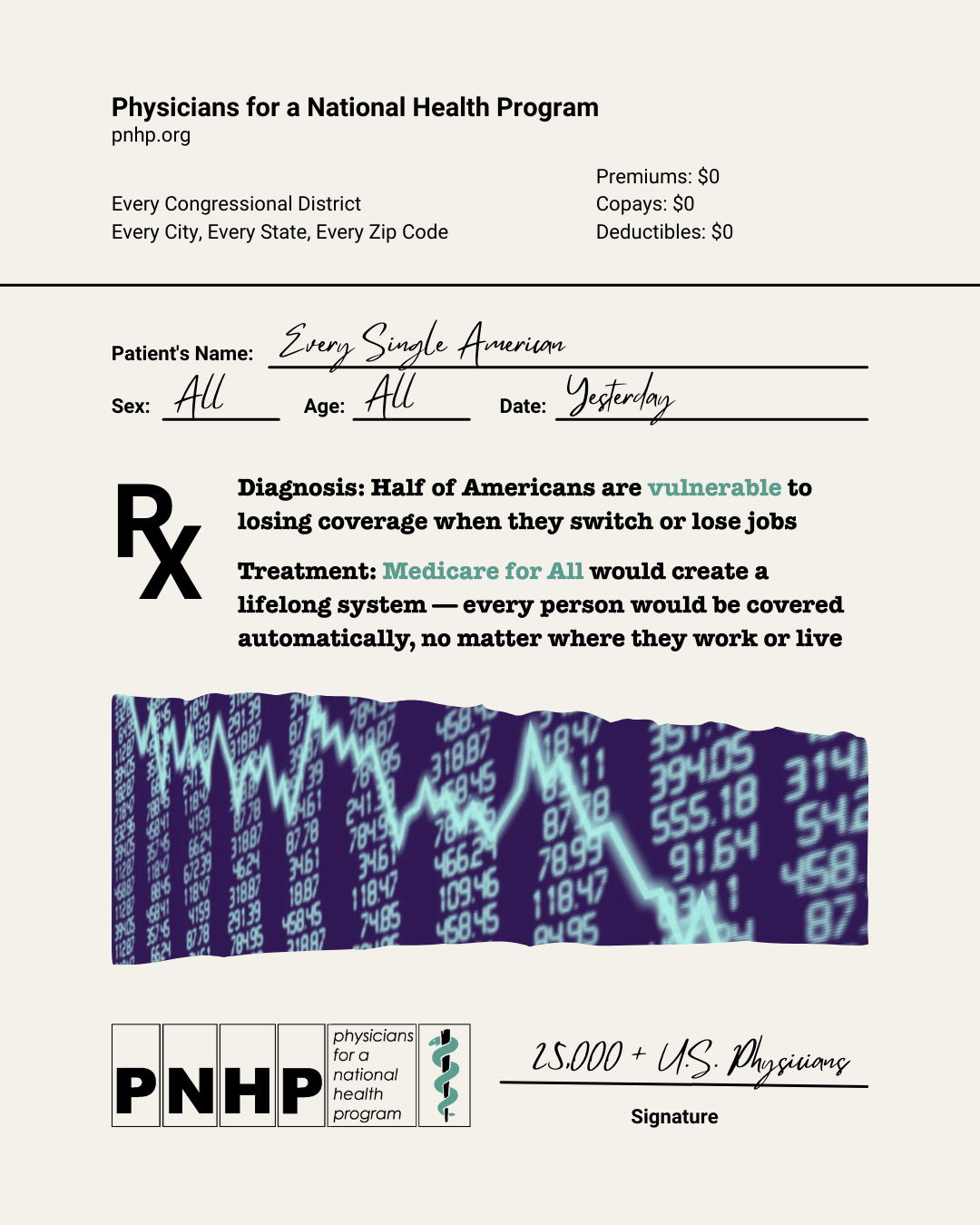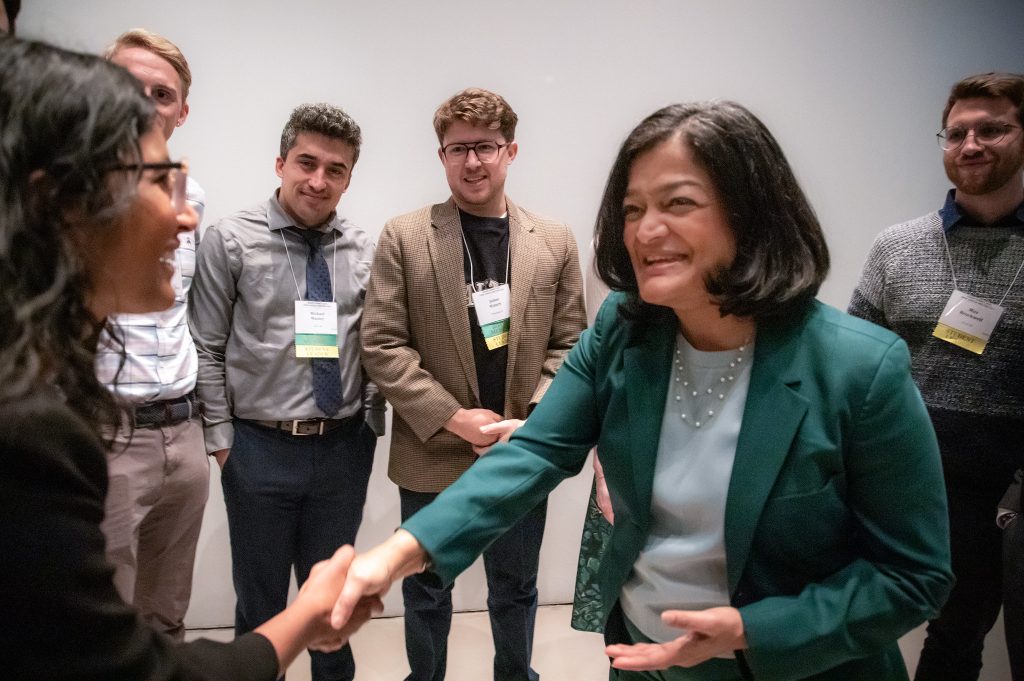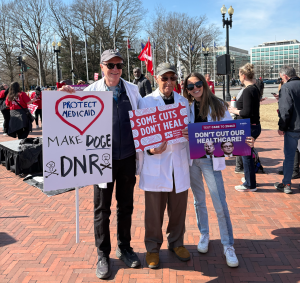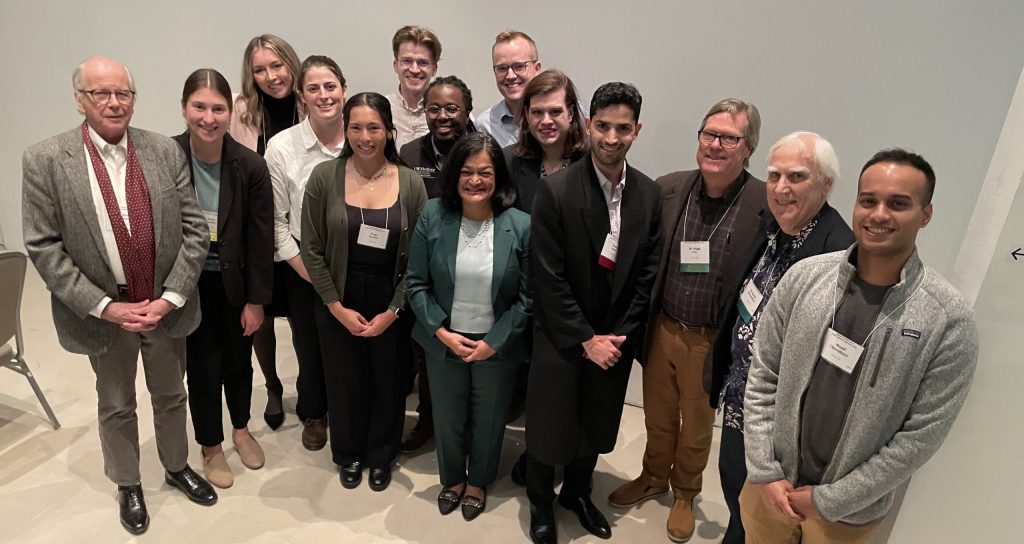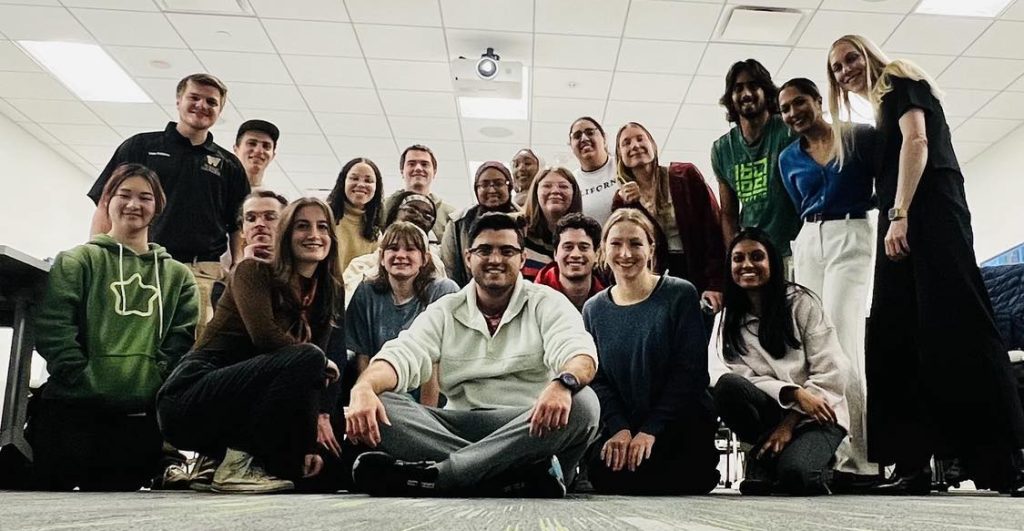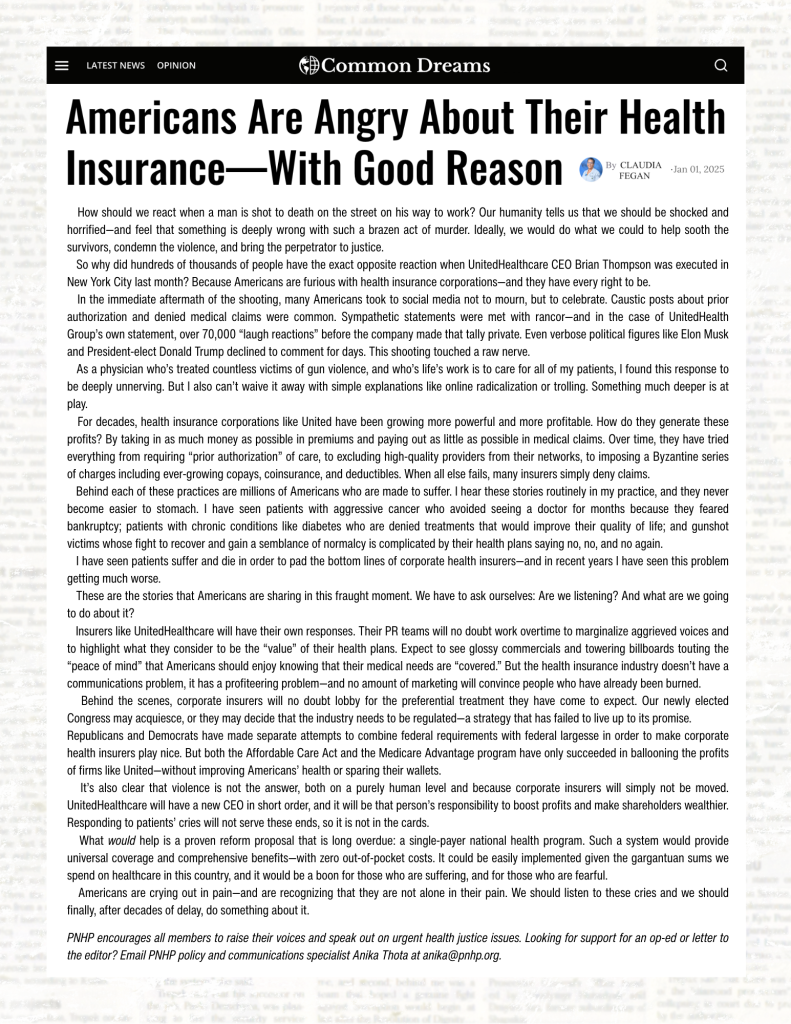Federal Medicaid cuts are coming to our communities. Every state in the country is going to be under enormous budget pressure in the coming years. How they respond will have a huge impact on the health and financial wellbeing of their residents.
Many of the options facing state lawmakers are downright harmful, including restricting Medicaid eligibility; cutting “optional” services like pharmacy and dentistry; or reducing funding for other state programs like education.
But the large number of states that contract with corporate health insurers to administer Medicaid have another option: Cancel their managed care contracts, recoup tens or hundreds of billions of dollars annually, and protect residents from the worst impacts of federal Medicaid cuts.
State Legislation
- Hawaii Medicaid deprivatization bill
- Minnesota Medicaid deprivatization bill
- Washington Medicaid deprivatization bill
- Connecticut Medicaid deprivatization bill (passed in 2010)
To see how deprivatization would impact Medicaid spending in your state, click HERE.
Campaign Materials
- PNHP report: “Removing the Middlemen from Medicaid”
- Annual Meeting Slideshow: “Medicaid Managed Care”
- Full color one-page handout
- Black & white one-page handout
Dr. Ed Weisbart makes the case for deprivatization
PNHP national board secretary (and report co-author) Dr. Ed Weisbart dove into the details of “Removing the Middlemen from Medicaid: A Blueprint for Better Care and Lower Costs” during an Oct. 2025 People’s Action webinar.
Medical student leaders at PNHP’s Annual Meeting
SNaHP leaders Amelia Smith (MS, M2, report co-author) and Gita Lakshminarayanan (M3/PhD candidate) presented an overview of “Removing the Middlemen from Medicaid: A Blueprint for Better Care and Lower Costs” at PNHP’s 2025 Annual Meeting in Washington, D.C.




































